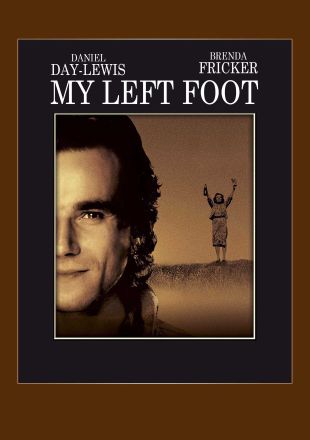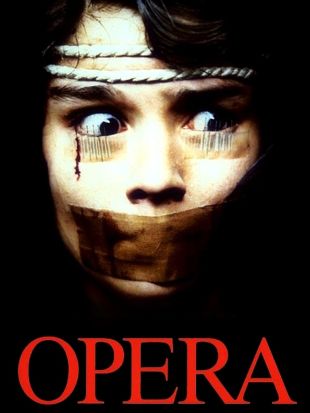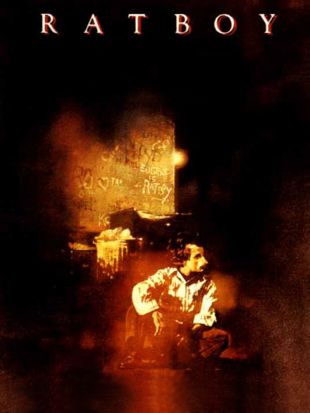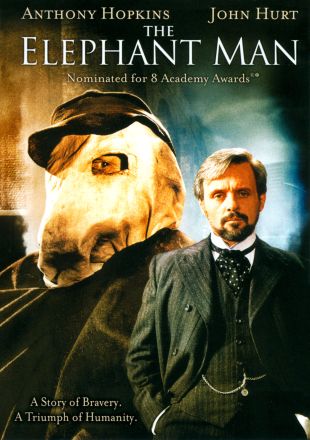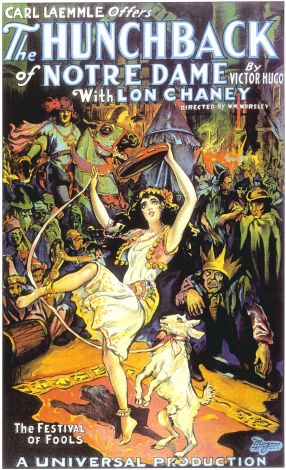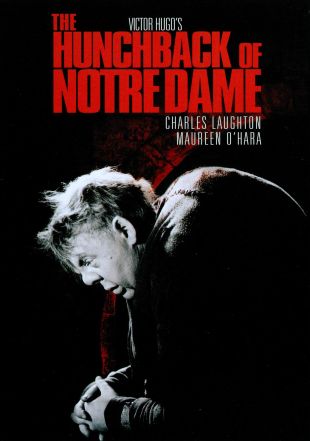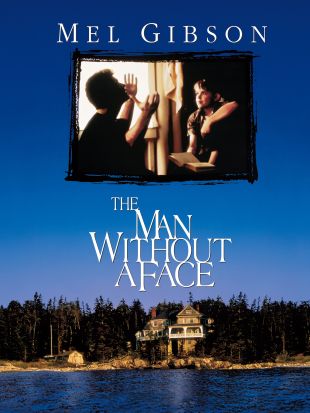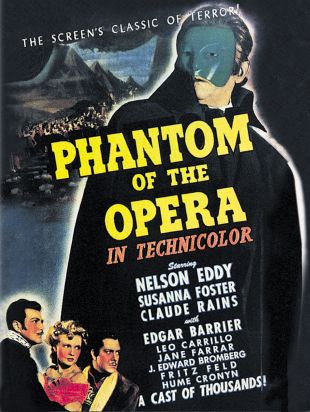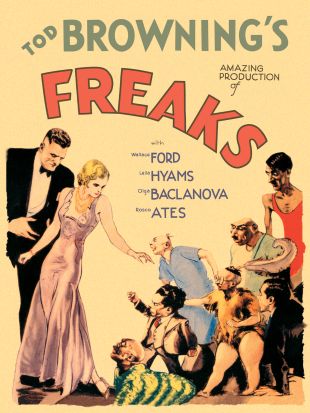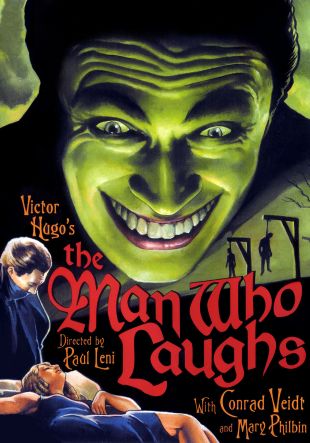
The Man Who Laughs (1927)
Directed by Paul Leni
Genres - Drama, Horror, Romance, Mystery |
Sub-Genres - Melodrama, Period Film, Romantic Drama |
Release Date - Apr 27, 1928 (USA) |
Run Time - 110 min. |
Countries - United States |
MPAA Rating - NR
Share on
Synopsis by Hans J. Wollstein
Released with sound effects and a music score that included the song "When Love Comes Smiling" by Walter Hirsch, Lew Pollack and Erno Rapee, Paul Leni's near masterpiece remains one of the silent era's last great romantic melodramas. Based on Victor Hugo's 1869 novel L'Homme qui Rit, The Man Who Laughs starred German import Conrad Veidt as Gwynplaine, a carnival freak doomed to live life wearing a perpetual grin carved on his face by Dr Hardquannone (George Siegman because his father, Lord Clancharlie (Allan Cavan), had offended England's King James II (Sam De Grasse). Taken in as a child by Ursus, a mountebank (Cesare Gravina), Gwynplaine grows up alongside the beautiful but blind Dea (Mary Philbin). They fall in love but Gwynplaine refuses to marry her because his hideous face makes him feel unworthy. Queen Anne (Josephine Crowell), meanwhile, has ascended the throne and when she learns from her predecessor's evil jester Barkilphedro (Brandon Hurst) that the recalcitrant Duchess Josiana (Olga Baclanova) is in possession of Lord Clancharlie's estates, she decrees that the royal femme fatale must marry Gwynplaine, the rightful heir. Josiana, who has caught Gwynplaine's act incognito and arranged a rendezvous, is at the same time sexually attracted to and repelled by the "Laughing Man," but Gwynplaine, who realizes that the duchess' attraction has legitimized his right to love Dea, renounces his title and follows his heart to the new World. Although Kirk Douglas was long interested in producing a remake, The Man Who Laughs was instead filmed again as L'Uomo che Ride by Italian director Sergio Corbucci in 1966. Corbucci, however, changed the setting from Queen Anne to the infamous sixteenth century Italian court of the Borgias.
Characteristics
Themes
Keywords
blindness [physical], boy, carnival, clown, court-jester, handicap, love, mutilation, revenge, sideshow, smile, freak, girl, man
Attributes
High Artistic Quality
